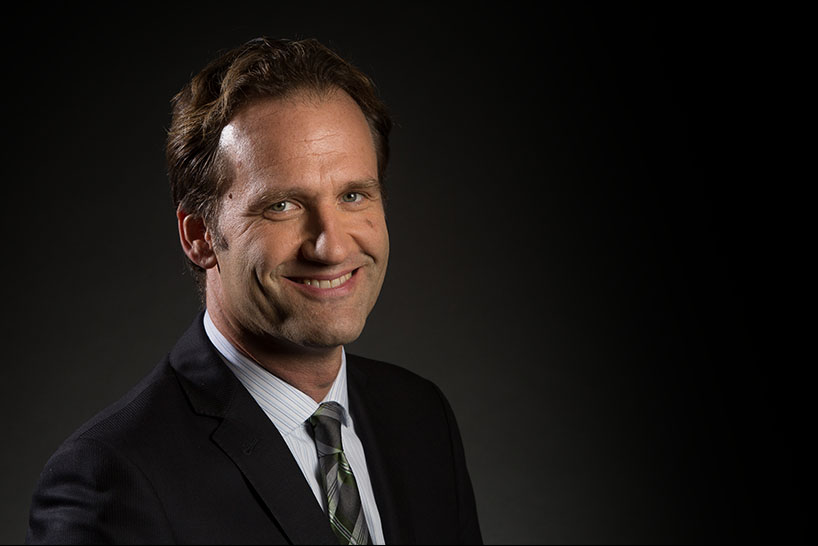Religious Discrimination
Religious discrimination happens when your employer makes an employment decision based on your religion instead of how well you do your job. Federal law does not allow companies with more than 15 employees to discriminate on the basis of a job applicant’s or an employee’s religion or religious beliefs (or non-beliefs). New York State and New York City laws also protect employees from religious discrimination by employers with 4 or more employees.
If you request it, your employer must make reasonable accommodation for your religious beliefs and practice, unless doing so would create serious problems for your employer’s business. Reasonable accommodation can mean changes to your work environment, work schedule, dress code, or grooming to allow you to practice your religion at work.
Here are a few examples of religious discrimination:
- You get excellent job evaluations until your supervisor finds out that you are Muslim, and then the employer tells you that your position is being eliminated;
- You apply for a job and, after telling you that you are the most qualified person he has seen, the interviewer comments that he thinks that a particular sect of Christianity is “un-Christian.” When you tell him that you are of that faith, you don’t get the job;
- You are Jewish, and you ask your employer if you can take days off to observe the High Holidays, but she says no, even though there are plenty of employees who could cover for you;
- You are an atheist, and your supervisor starts all meetings with a prayer. You ask to be excused from this part of the meeting, but your employer refuses;
- You have done your job well and are due for a promotion. Your new supervisor is an Evangelical Christian; you are Buddhist. Your supervisor gives the promotion to a less qualified, less senior Evangelical Christian like herself.
Legal Editor: Megan Goddard, January 2015 (updated May 2017)
Changes may occur in this area of law. The information provided is brought to you as a public service with the help and assistance of volunteer legal editors, and is intended to help you better understand the law in general. It is not intended to be legal advice regarding your particular problem or to substitute for the advice of a lawyer.
Our Lawyers

Florian M.
LRS Lawyer
Our lawyers are screened and approved – they have all gone through an application and interview process. Each lawyer we recommend has been screened for significant experience, knowledge of ethics codes and rules, and law office practices, including customer service skills and handling of fees and billing.
About Us
When you call us, you will be speaking with an attorney. One of our attorney referral counselors takes your call and talks with you about your legal question, or reviews your online referral request. There is no charge to speak with one of our attorney referral counselors -- we’re here to help.

